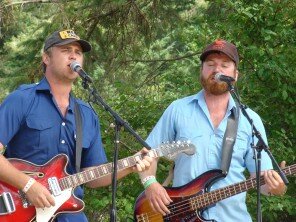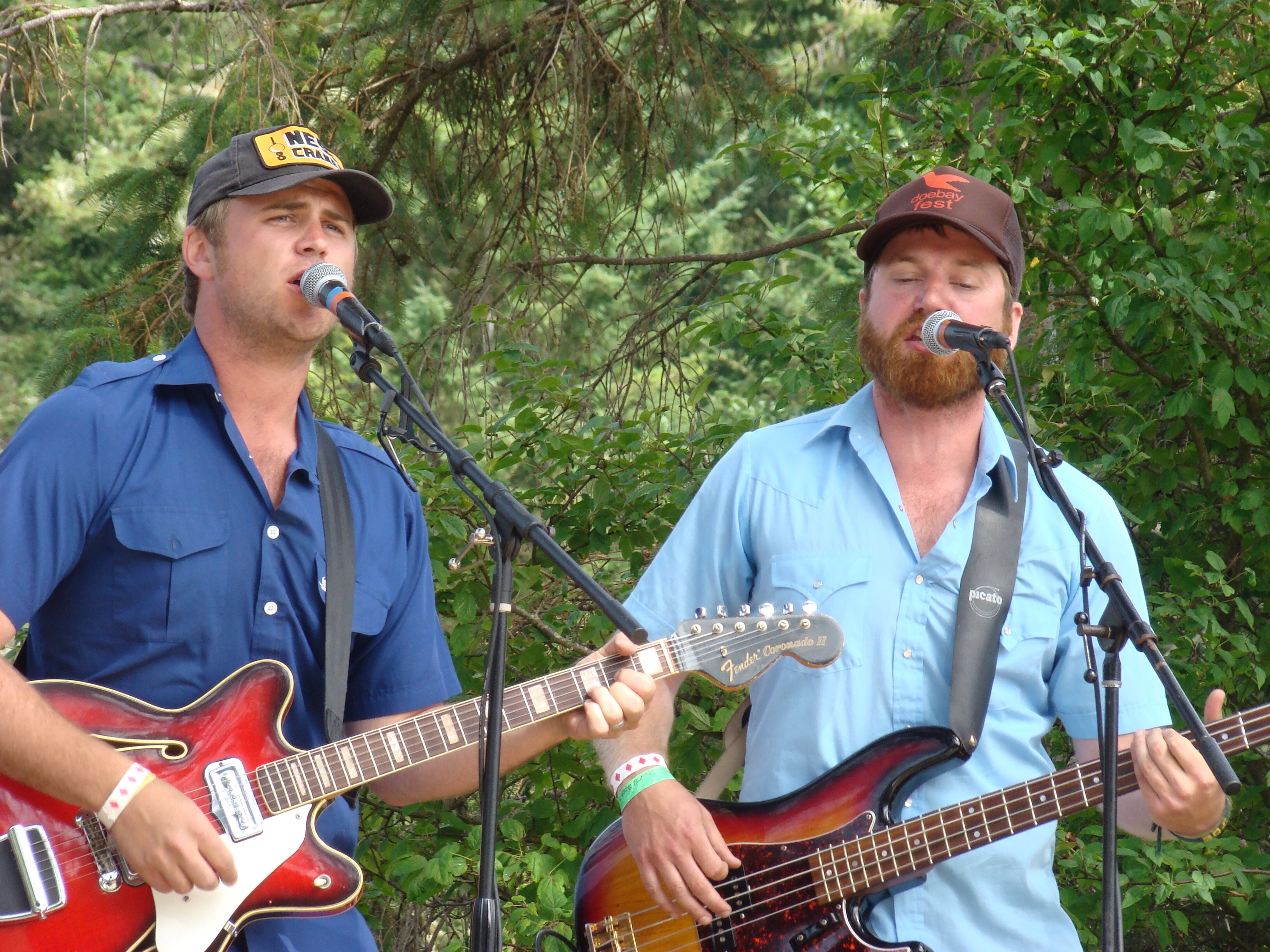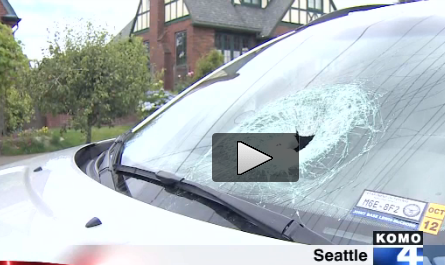
[Fort Union play the Tractor Tavern with Cataldo and Widower tonight. Tickets, $8, are still available. Doors at 9pm.]
If you’re feeling overwhelmed–burnt out, even–by the tidal wave of Americana and neo-folk music generated in these parts over the last five years, Fort Union could likely restore your faith.
Labels suck, and Fort Union likely agree with that: There’s a loose-limbed, almost casual feel to their debut record as it hopscotches over genre expectations. Jace Krause’s unaffected, boyish croon and gently-plucked acoustic guitars feel rooted in the folk/Americana tradition, but the subtle unease in Krause’s songs begins to surface as the record unspools, and a laundry list of influences and surprises emerge. Subtle burbles of electronics, textured guitar, and white noise surge in and out, goaded on with gentle insistence by Jake Rohr’s pulse of a bass. Then it hits you: Fort Union’s crafted one adventurous and strangely enchanting album.
There’s much beauty in these songs–“Will You Come with Me” coasts on relaxed, nostalgic cushions of vocal harmony until a plaintive keyboard sees it to a disembodied fade-out, and “That Part of Me” chimes with an almost paisley-tinged gorgeousness–but Krause, Rohr, and their bandmate Ryan Lynch let the pretty melodic backbone marinate in washes of keyboards and sonic textures that add depth without sacrificing the hooks. “No More Executions” bounces along like a great lost Paul Simon track, but the sometimes-clattering percussion that spikes it feels totally forward-thinking.
The record’s finest tracks skirt a spot-on balance between pop and experimentation: The quietly-eerie, lovely “Solstice Day Parade” spikes its vocal lilt with eddying guitars that echo and repeat over themselves like restless ghosts, and “Life” finds Krause’s affecting falsetto dancing over handclaps and stark piano chords (think David Bowie doing a fractured version of “Imagine”), until more ambient guitars gust in and the piano trails off like an old man walking delirious through a desert.
Krause and Rohr cut their teeth in the underrated Seattle pop band Friday Mile, so they’re sharp musicians. But Fort Union sees these pros spreading their wings and giving in to impulse and odd detours with the abandon of the most reckless explorers. That tension should make them a riveting act onstage.

